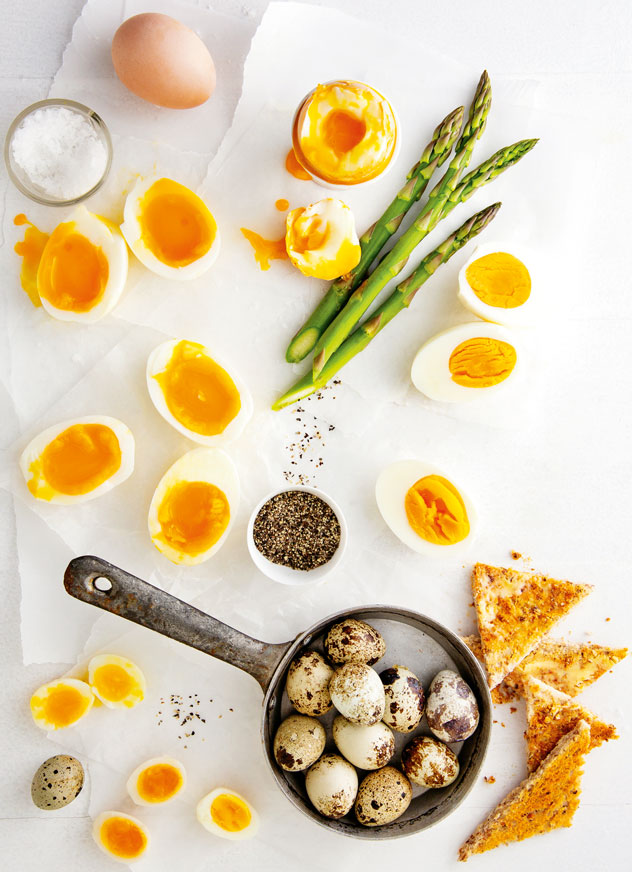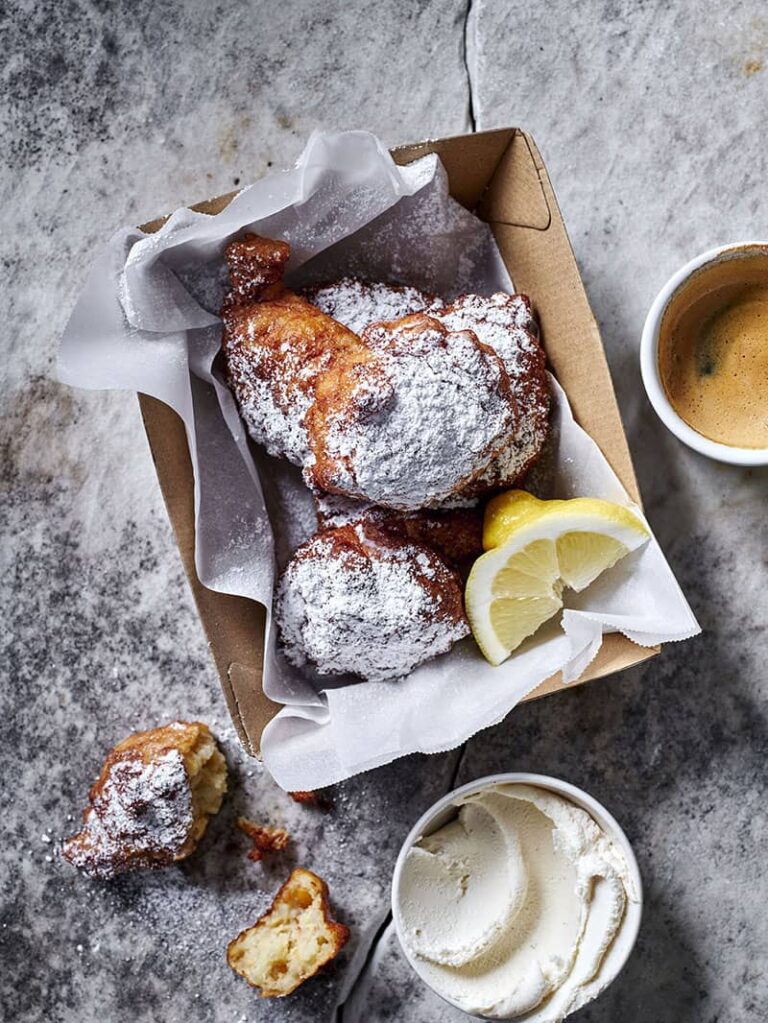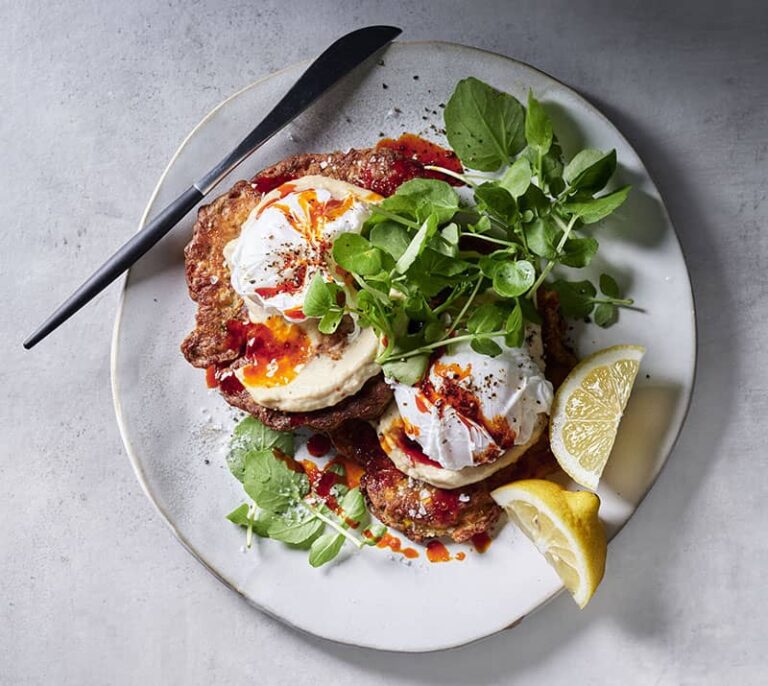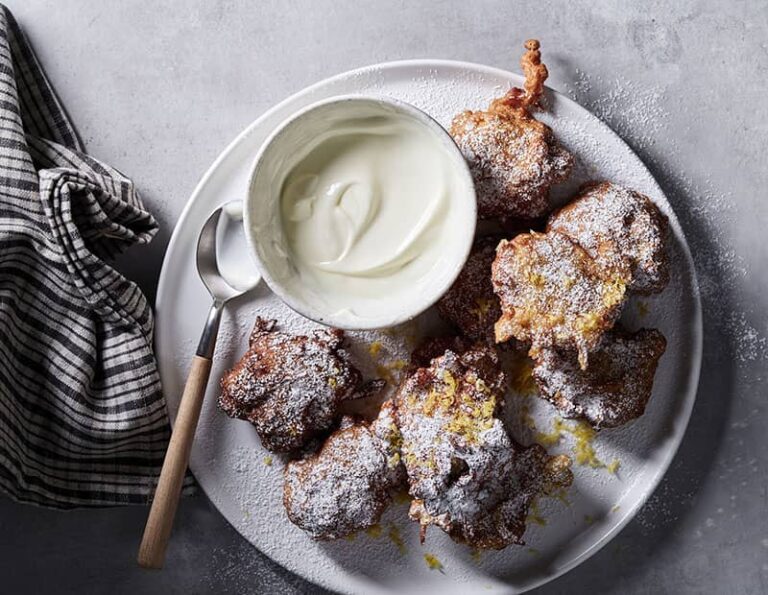To quote Delia Smith: “A hen’s egg is, quite simply, a work of art, a masterpiece of design and construction with brilliant packaging!” An apt description for the marvel of an egg.
Eggs, however simple they appear to be, are often difficult to master. It’s all about time and temperature. But the perfect boiled egg is a magical thing – soft, salty, creamy and full of essential protein and good stuff.
How To Boil An Egg
Try to use eggs at room temperature to ensure they don’t crack, and chilled eggs do take longer to cook. Also, avoid cooking too many eggs at once – it is easier to control the heat and quickly cook smaller batches of boiled or poached eggs.
To boil eggs, pour enough water into a deep saucepan so that it will cover the eggs by about 2cm. Bring the water to the boil, then gently lower in the eggs, using a spoon. Reduce heat to medium-low. Next, set the timer for the desired cooking times as outlined at left.
Any egg will take a little while to perfect. Choose eggs from a good supplier, and keep an eye on the packaging dates so you know when the eggs are at their best.
How Long To Boil An Egg
Cooking Times To Boil The Perfect Egg Depending On What You Like:
- Cook for 5 mins – yolk is very runny and white is starting to set. Serve in an eggcup.
- Cook for 6-7 mins – yolk is runny to firmer and egg white has set.
- Cook for 7 mins – ideal if eggs are to be peeled and cut for a salad or kedgeree.
- Cook for 8-10 mins – yolk is set and white is firm to strong. Best for mashing.
- Cook quail eggs for 2 mins (very runny) to 3 mins (creamy yet firm).
How To Peel A Boiled Egg
Older eggs are easier to peel. As an egg gets older (more than five days old) excess fluid around the egg white dehydrates, allowing the shell and membrane to peel away more easily.
Make a small crack or roll the whole egg over a clean surface to gently shatter all of the shell, then simply peel away. For fresh eggs, crack the shell and use a slow trickle of water from the tap to help lift the membrane from the egg white surface.







